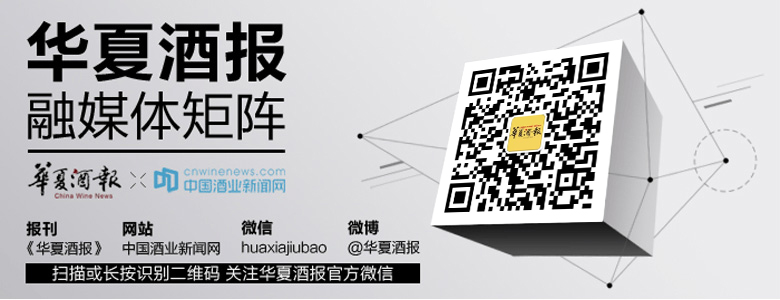It is reported that Chinese wine enterprises need to pay taxes mainly include excise duty, business income tax, value-added tax, etc. With the exception of VAT deduction and other factors, the actual tax paid by enterprises accountes for more than 20% of its main business income. Among which, excise duty captures 10% of sales.
Imported wines have been flooded in Chinese markets with uneven quality in recent years, due to China's reducing the threshold for imported wines and the implementation of low tariffs or zero-tariff policies for several countries.
Besides, the responsible department of foreign wine industry is the Ministry of Agriculture, wineries could enjoy government subsidies on the basis of tax exemption, while Chinese wines are industrial products, which require higher level of production equipments and facilities. Consequently, the production cost rises accordingly. In contrast, the impact on domestic wine is even worse, imported wines take a big hit on Chinese ones.
面臨國外葡萄酒的巨大沖擊,近日,葡萄酒產量占據中國四成以上的山東省煙臺市葡萄與葡萄酒協會向國家稅務總局致函,建議國家層面降低消費稅率,以增強中國葡萄酒產業的國際競爭力。
據悉,中國當前葡萄酒企業需要繳納的稅費主要包括消費稅、企業所得稅、增值稅等,扣除增值稅抵扣等因素,企業實際繳稅占主營業務收入的20%以上。其中,消費稅率為銷售額的10%。
由于中國對葡萄酒進口門檻設置較低,并且對多個國家實行低關稅或免稅政策,導致進口葡萄酒在國內泛濫,質量參差不齊。加上國外葡萄酒產業屬于農業,在免稅的基礎上還享有政府補貼,而我國葡萄酒(產業)屬于工業,在生產設備、設施方面要求較高,因此生產成本大幅提高。相比之下對國產葡萄酒的沖擊更是雪上加霜。

